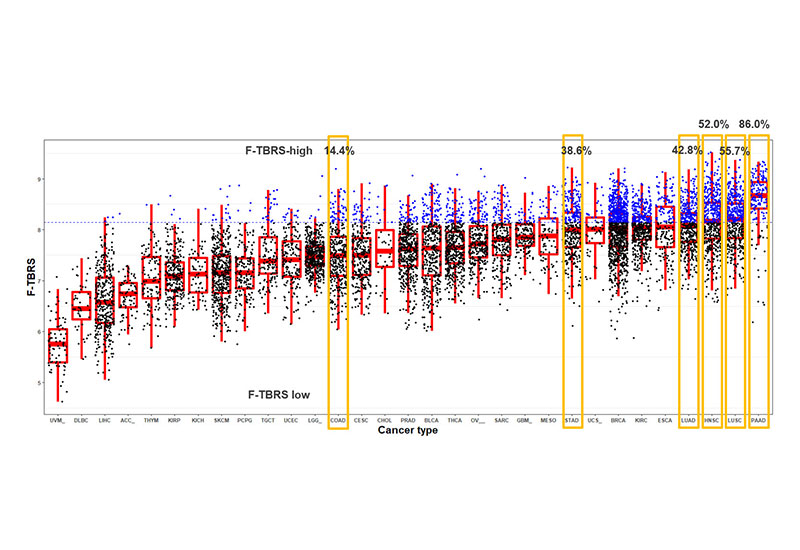News

 List
List
Collaboration will evaluate combination of MedPacto’s TGF-β type I receptor inhibitor, vactosertib (TEW-7197) with AstraZeneca’s durvalumab in a Phase I/II study for patients with NSCLC.
MedPacto, Inc. (“MedPacto”, the “Company” or “we”), a subsidiary of Theragen Etex, is a genome-based drug discovery and clinical-stage biotechnology company that announced today a clinical collaboration with AstraZeneca to evaluate the safety and efficacy of MedPacto’s vactosertib (TEW-7197), a small molecule, oral inhibitor of TGF-β type I receptor (TGFBRI), in combination with durvalumab, a human monoclonal antibody directed against programmed death-ligand 1 (PD-L1) in patients with metastatic non-small cell lung cancer (NSCLC).
Under the terms of the agreement, MedPacto and AstraZeneca will collaborate on a non-exclusive basis to evaluate the combination of the two drugs in NSCLC.
MedPacto expects to initiate a Phase 1b/2a study in the second half of 2018 to establish the safety and efficacy of vactosertib in combination with durvalumab.
MedPacto will sponsor and fund the study and AstraZeneca will supply durvalumab for the study.
The trial will be conducted in several sites in South Korea including Yonsei Severance Hospital and National Cancer Center and is expected to be completed within two years.
About Durvalumab:
Durvalumab, a human monoclonal antibody directed against PD-L1, blocks PD-L1 interaction with PD-1 and CD80 on T cells, countering the tumor’s immune-evading tactics and inducing an immune response.
As part of a broad development program, durvalumab is being investigated as monotherapy and in combination with IO, small molecules, and chemotherapies across a range of tumors and stages of disease.
About Vactosertib (TEW-7197)
Vactosertib is a potent and highly selective, orally available inhibitor of TGF-β type I receptor to block the SMAD-mediated and non-canonical TGF-β signaling pathway. Preclinical data suggests TGF-β inhibition enables immune infiltration to confer susceptibility to immuno-oncology therapies for treatment of cancers that grow in TGF-β rich environment.
Vactosertib was proven to be safe and well-tolerated in a Phase 1 study conducted in the US.
Therefore, vactosertib is currently being evaluated in Phase 1b/2a trials to treat a variety of solid tumors and hematological malignancies including gastric cancer, pancreatic cancer, desmoid sarcomas, myelodysplastic syndrome and multiple myeloma.
Vactosertib was originally discovered by Ewha Womans University with support from the Ministry of Education and Science Technology (2008-2013) and Phase 1 clinical development was conducted in collaboration with National OncoVenture (NOV, supported by National Cancer Center, designated by the Ministry of Health and Welfare).